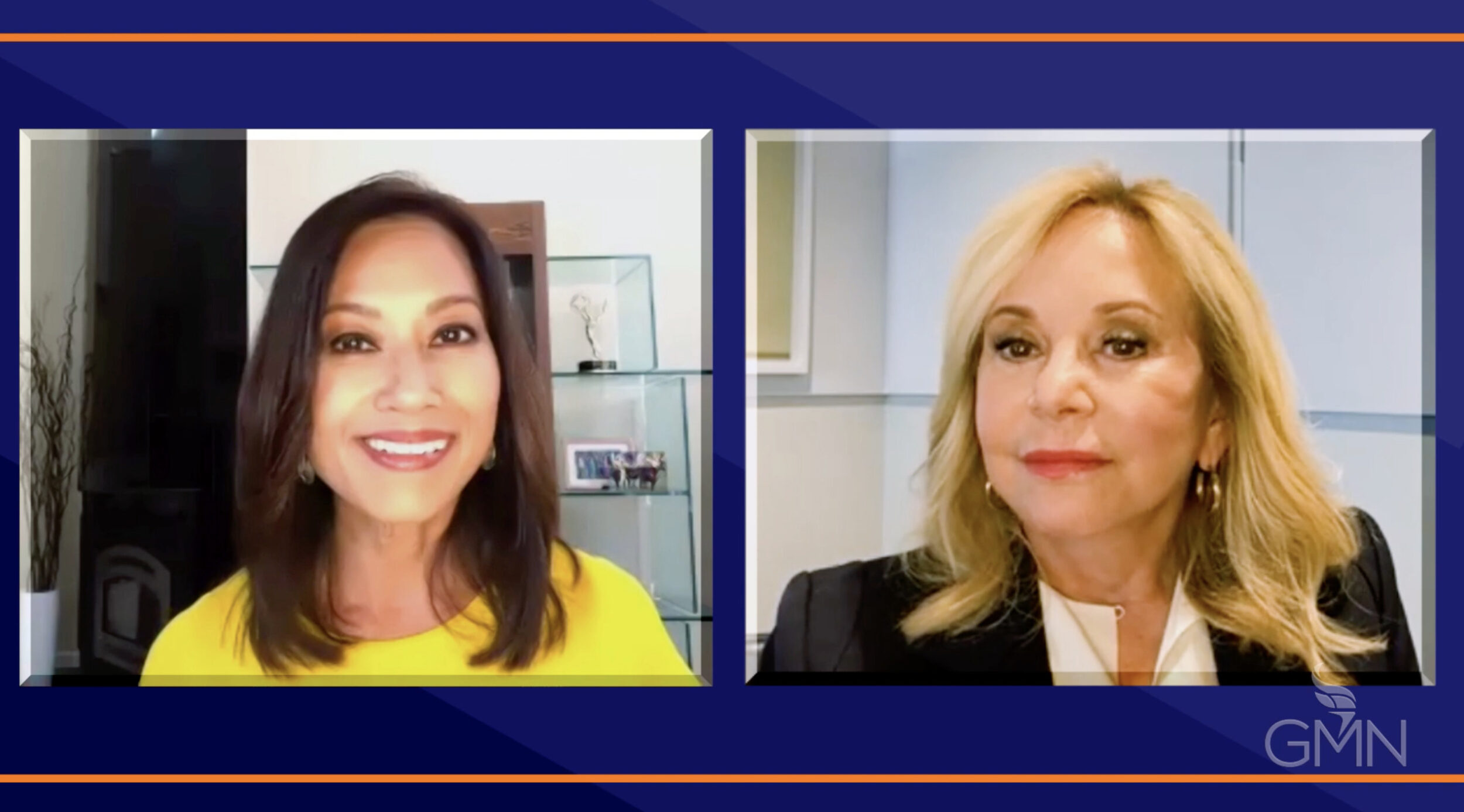Find Your Own Path
Julie Wainwright
06.03.21
Before launching into her own ventures, Julie worked in the corporate world, learning the ropes at Clorox. She holds that tenure valuable, having gleaned so much insight into the workings of a large company, but the corporate world isn't for everyone. Referencing great leaders who created massive companies, she posits that there really is no single path to success.
Summary:
Before launching into her own ventures, Julie worked in the corporate world, learning the ropes at Clorox. She holds that tenure valuable, having gleaned so much insight into the workings of a large company, but the corporate world isn’t for everyone. Referencing great leaders who created massive companies, she posits that there really is no single path to success.
Thuy

Julie Wainwright
Thuy




